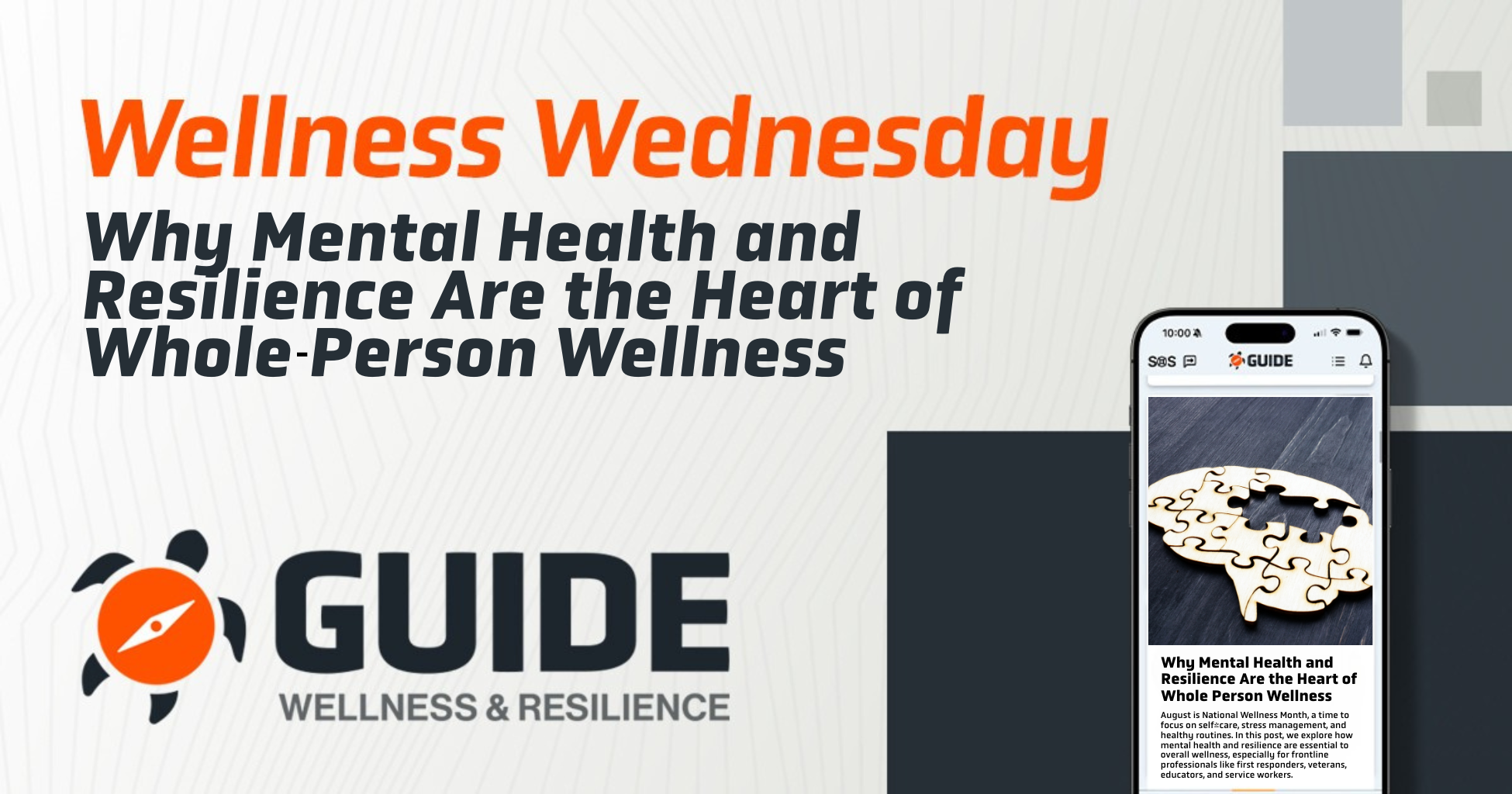Mental health is just as important as physical health, but it often doesn’t receive the same attention. When life gets busy or stressful, it’s easy to forget to take care of ourselves mentally and emotionally. However, self-care is essential for maintaining balance and managing stress. In this blog post, we’ll explore simple yet effective self-care strategies that can help improve your mental health. Whether you’re dealing with everyday stress or looking to enhance your overall well-being, these practices can make a significant difference.
1. Prioritize Sleep
Getting enough quality sleep is one of the most effective ways to care for your mental health. Sleep helps restore your body and mind, making it easier to manage stress and emotions. Lack of sleep, on the other hand, can lead to irritability, anxiety, and even depression.
Tips for Better Sleep:
- Aim for 7-9 hours of sleep each night.
- Create a bedtime routine to signal your body that it’s time to wind down.
- Limit caffeine and screen time before bed.
- Keep your bedroom cool, dark, and quiet for optimal sleep.
2. Practice Mindfulness and Meditation
Mindfulness and meditation can help you stay present and reduce feelings of anxiety. By focusing on your breathing and letting go of distracting thoughts, you can calm your mind and boost your mood. Regular mindfulness practices have been shown to improve mental well-being and enhance emotional resilience.
How to Get Started:
- Begin with a simple 5-minute meditation session each morning.
- Practice deep breathing exercises when you feel stressed.
- Consider using a mindfulness app to guide you through meditation practices.
- Take a few minutes each day to pause and observe your surroundings, using all your senses.
3. Stay Physically Active
Exercise isn’t just good for your body; it’s also a powerful tool for your mind. Physical activity releases endorphins, chemicals that help reduce stress and improve your mood. Regular exercise can also help combat feelings of anxiety and depression, as well as improve your sleep quality.
Ways to Stay Active:
- Choose an activity you enjoy, such as walking, running, swimming, or dancing.
- Aim for at least 30 minutes of exercise most days of the week.
- Incorporate physical activities into your daily routine, like taking the stairs or going for a walk during lunch breaks.
- Find a workout buddy to make exercise more fun and motivating.
4. Connect with Others
Human connection is a fundamental aspect of mental health. Spending time with friends, family, or loved ones can provide support, comfort, and a sense of belonging. Even when life gets busy, taking the time to connect with others can make a big difference.
Ways to Strengthen Connections:
- Schedule regular check-ins with family and friends, even if it’s just a quick phone call.
- Join clubs, groups, or organizations that align with your interests.
- Seek out support groups if you’re struggling with specific mental health issues. Connecting with people who understand what you’re going through can be incredibly beneficial.
- Consider volunteering, which can provide a sense of purpose and connect you with like-minded individuals.
5. Eat a Balanced Diet
What you eat can have a direct impact on your mood and mental health. Consuming a balanced diet that includes plenty of fruits, vegetables, whole grains, and lean proteins can help support brain function and improve your overall well-being. Certain nutrients, such as omega-3 fatty acids, B vitamins, and antioxidants, have been linked to better mental health.
Tips for a Balanced Diet:
- Eat a variety of colorful fruits and vegetables each day.
- Incorporate foods rich in omega-3s, such as fish, flaxseeds, and walnuts.
- Limit sugar and processed foods, which can lead to mood swings and energy crashes.
- Drink plenty of water to stay hydrated and maintain focus.
6. Set Boundaries and Learn to Say No
Setting boundaries is crucial for protecting your mental health. It’s okay to say no to things that drain your energy or cause you unnecessary stress. By setting limits, you can ensure that you have time to focus on yourself and the things that truly matter.
How to Set Healthy Boundaries:
- Identify situations or people that make you feel overwhelmed or stressed.
- Politely but firmly decline invitations or requests when you need to prioritize your well-being.
- Communicate your boundaries clearly and respectfully to others.
- Remember that setting boundaries is not selfish; it’s a way to take care of yourself.
7. Engage in Creative Activities
Creativity can be a powerful outlet for managing stress and expressing emotions. Activities such as drawing, painting, writing, or playing music can help you relax, reduce anxiety, and improve your mood. Engaging in creative pursuits also allows you to disconnect from daily worries and focus on the present moment.
Ideas for Creative Self-Care:
- Start a journal to express your thoughts and feelings.
- Take up a hobby you’ve always been interested in, like photography or cooking.
- Join a local art class or participate in online creative workshops.
- Create a playlist of your favorite music and take time to listen and enjoy.
8. Seek Professional Support When Needed
Sometimes self-care strategies may not be enough, and that’s okay. Seeking professional support from a therapist, counselor, or mental health provider can provide you with the tools and resources you need to cope with stress and improve your mental health. Remember, asking for help is a sign of strength, not weakness.
When to Consider Professional Help:
- If you’re feeling persistently sad, anxious, or overwhelmed.
- If your stress levels are interfering with your daily activities or relationships.
- If you’re struggling with sleep, appetite, or concentration.
- If you feel hopeless or have thoughts of self-harm.
Self-Care Strategies for Better Mental Health
Taking care of your mental health is an ongoing process that requires intentional effort and attention. By incorporating self-care practices into your routine, you can boost your mental health, manage stress, and improve your overall well-being. Remember, it’s okay to prioritize yourself and seek support when needed. Self-care is not a luxury; it’s a necessity.




